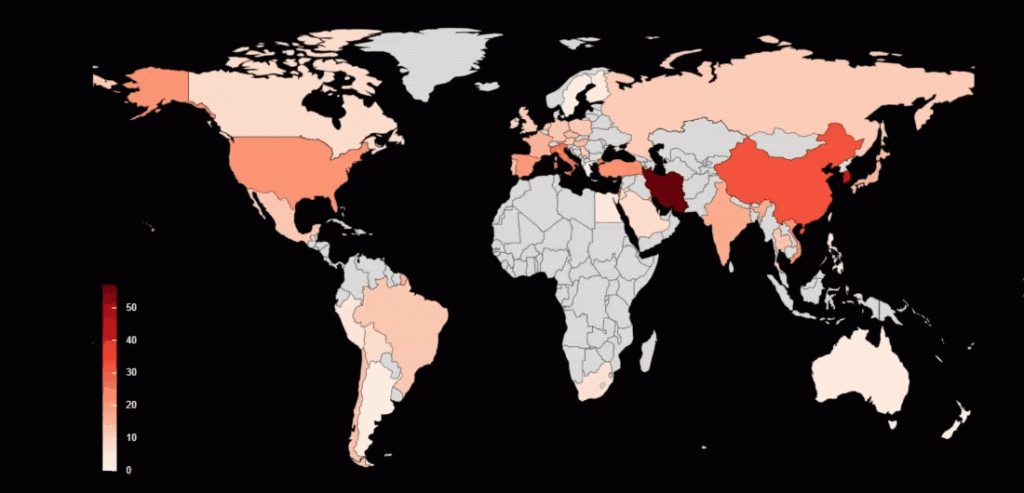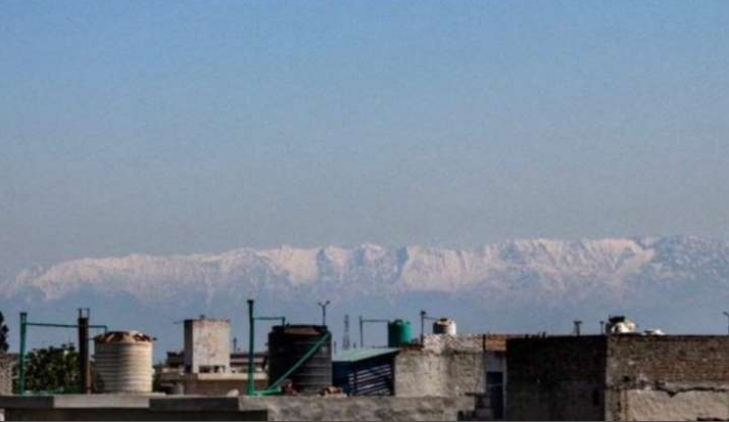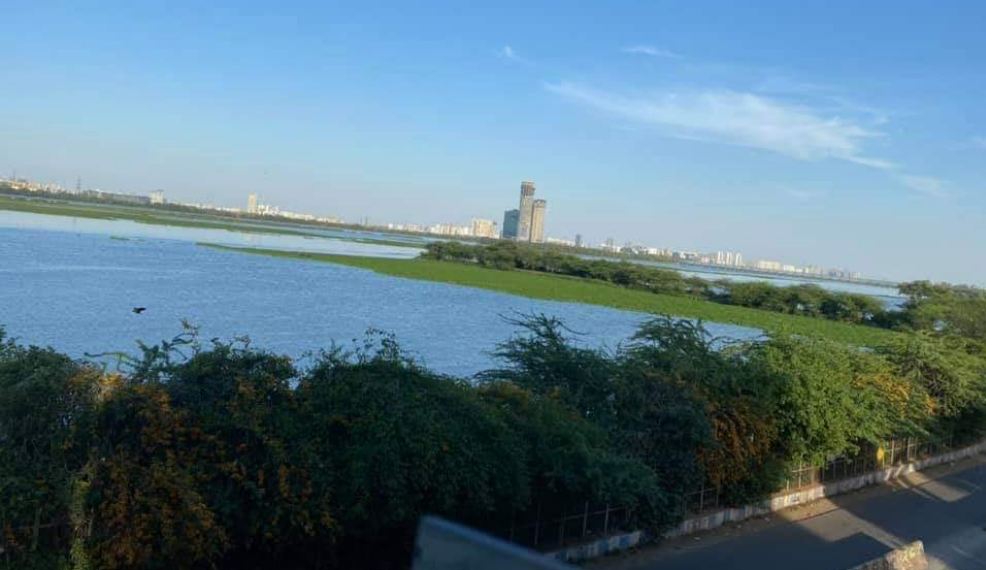As of 9th April, there are more than 1,536,000 coronavirus cases and 89,877 deaths all over the world. But today we are not going to talk about the loss the whole world is suffering from, we will tell you positive impacts on the environment due to the coronavirus lockdown. Out of the world’s 30 most polluted cities, 21 cities are from India, but according to The Weather Channel, the air pollution levels have started to drop noticeably in India and other parts of the world amid coronavirus lockdown.
As the Indian government asked its citizens to stay home and practice social distancing, all markets, factories, and even worship places are now closed, most of the public transport has suspended and construction work halted. So far, India has more than 6,237 confirmed cases of COVID-19, including 180 deaths. We know that human life had largely affected as millions of us are locked up indoors. But on the other hand, nature and the natural environment are healing at their best. From liberated wildlife to cleaner air and water too, the lockdown across the globe had a number of positive effects on the environment. Due to the lockdown, the harmful air pollutants nitrogen dioxide and PM 2.5, emitted from vehicles and factories had been greatly reduced.

Source- www.covidexplore.com
Let’s have a look at some of the remarkable impacts on the environment due to coronavirus lockdown:
- CLEANER AIR
Cleaner air is one of the greatest positive effects of the lockdowns on the environment. With industrial and automobile work close down, pollution levels across India and other countries have witnessed a drastic drop. India is in the last week of lockdown and a few days ago, Jalandhar a city of Punjab saw the most drastic effect of air pollution reduction. The residents of the city claim to wake up to an unimaginable view of the snow-capped Himalayan range. Different cities across the globe have seen pollution levels fall as people have reduced the use of vehicles, factories and spending more time at home. According to a Stanford University scientist, 77,000 lives in China have been saved due to the reducing pollution levels amid coronavirus lockdown.

Image source- Twitter
- CLEARER WATER
As industrial units are closed and there is no pollutant emission in the river, the water in Yamuna River looked cleaner than before. According to a devotee, “Within 9 days of the lockdown, Yamuna was clean, this is also signal that one should not play with the environment.” He further said that the government should stop the disposing of pollutants in the river bodies as these pollutants are also like a virus which makes the river body dead. Also, the water quality of famous winding canals, Venice, Italy has improved greatly.

Image source- Twitter
- WILDLIFE
A few days ago, social media was bombarded with different footage of wild animals exploring the empty streets of the cities. As humans retreat into their homes, these animals started roaming around the streets. The head of Chile’s agricultural and livestock service, Marcelo Giagnoni said: “This is the habitat they once had and that we’ve taken away from them.” Recently, some migratory birds were also seen returning around the Yamuna river and so was the marine life.

Image source- Timesofindia
- CLIMATE CHANGE
CO2 is the most important long-lived reason for climate change, and the main contribution to it is vehicles and industries. And obviously the decrease in the number of vehicles has hugely impacted climate change. The carbon emissions have leveled down as the transport and electricity industries are shut down, which has positively impacted the climate change in the environment.



